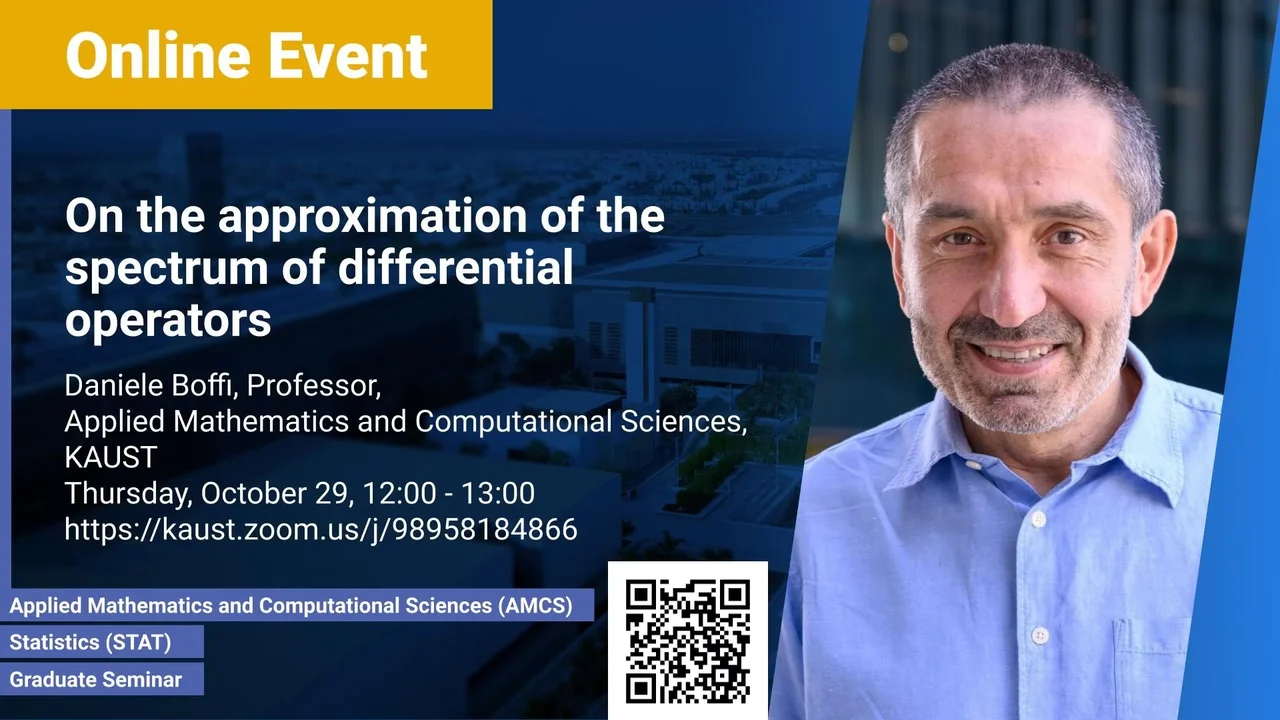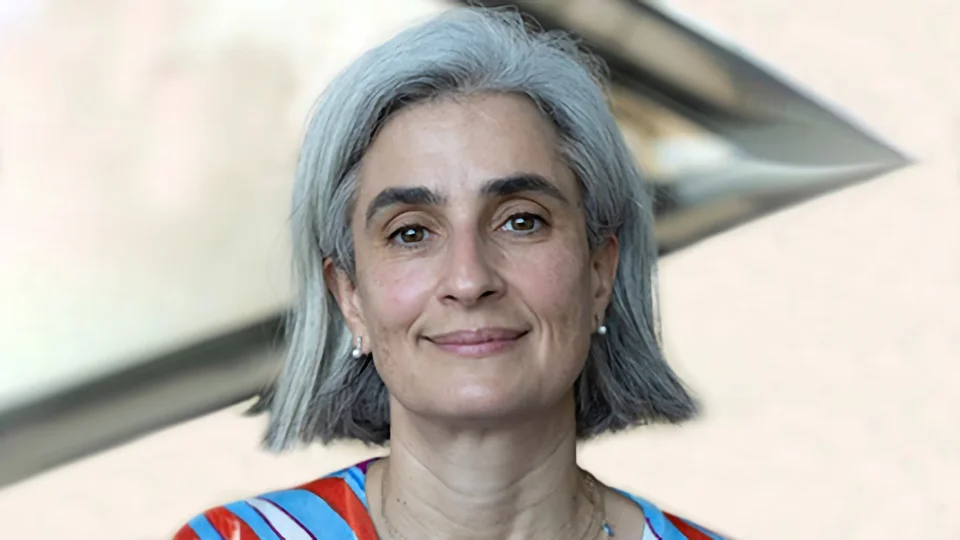
On the approximation of the spectrum of differential operators
Eigenvalue problems associated with partial differential equations are key ingredients for the modeling and simulation of a variety of real world applications, ranging from fluid-dynamics, structural mechanics, acoustics, to electromagnetism and medical problems. We review some properties related to the approximation of eigenvalue problems. Starting from matrix algebraic problems, we present a series of examples and counterexamples showing that even extremely simple situations can produce unexpected results.
Overview
Abstract
Eigenvalue problems associated with partial differential equations are key ingredients for the modeling and simulation of a variety of real world applications, ranging from fluid-dynamics, structural mechanics, acoustics, to electromagnetism and medical problems. We review some properties related to the approximation of eigenvalue problems. Starting from matrix algebraic problems, we present a series of examples and counterexamples showing that even extremely simple situations can produce unexpected results.
Brief Biography
Daniele Boffi is professor of applied mathematics at KAUST from the beginning of this year.
Before joining KAUST he was professor of numerical analysis at the University of Pavia in Italy.
His research is devoted to the numerical approximation of partial differential equations, with particular interest in the finite element method and in mixed finite elements. Some of his most active research areas concern the approximation of eigenvalue problems arising from partial differential equations and the numerical modeling of fluid-structure interaction problems. He is co-author of one of the most widely used book on mixed finite elements and he is author of a highly cited survey on the approximation of eigenvalue problems. During his academic career at the University of Pavia he has been involved in several administrative duties, including being member of the Academic Senate, Director of the PhD Higher Education School, and
member of the Evaluation Committee.
